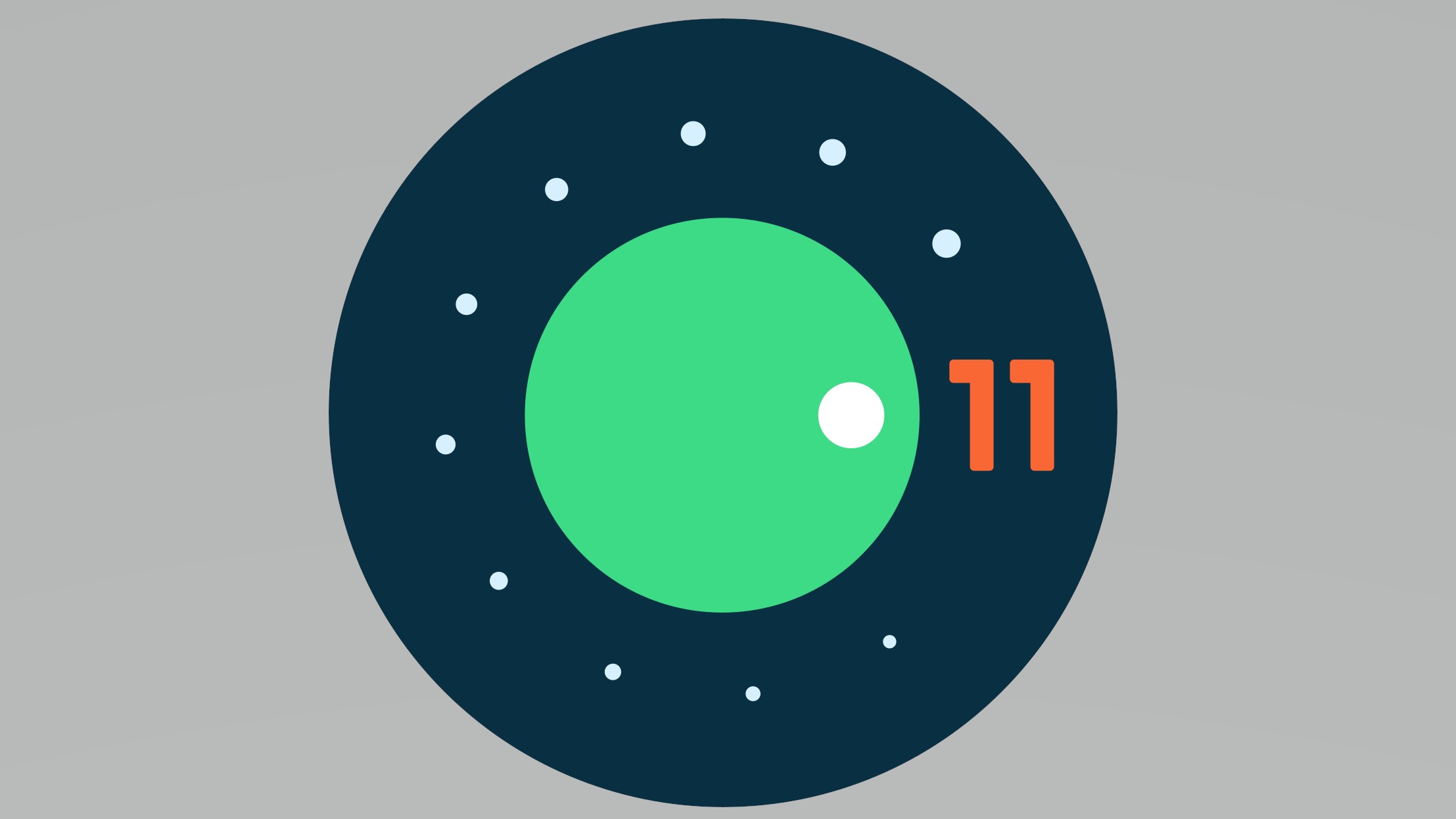Android 11 beta is now available, and here's how to get it
The Android 11 beta is open

Android 11 is here! Well, sort of. It’s now in public beta, but only available to owners of the Pixel 2, Pixel 3, Pixel 3a, Pixel 4 or any of their XL flavors.
Given Google’s Pixel range represents less than 10% of phones sold in recent years, then if you qualify for early Android 11, you’re certainly in a minority – especially now the OG Pixel has been officially abandoned.
- New! The Last of Us Part 2 review
- Google Pixel 4 deals
- Here are our picks for the best Android phones right now
And if you are an owner of a modern Pixel, we’d recommend adhering to the old Jurassic Park motto: just because you can do something, doesn’t mean you should. This is a beta, after all, and there’s a good chance things will not behave as they should. If your Pixel is your day-to-day phone, then you probably don’t want to take a chance on it getting all flakey on you.
Google really wants you to be sure you know what you’re doing. “The updates that you’ll receive as a part of this programme are pre-release versions, and may contain errors and defects that can affect normal functioning of your device,” the company warns. “You will not be able to unenrol and revert back to a lower public release version of Android without first wiping all locally saved data on your device. You may also encounter issues restoring a backup.” So yeah: proceed at your own risk.
Still, if you do want to give it a go, it’s simple enough. Just head to Google’s enrolment page and sign up. You’ll get an over-the-air update, and soon you’ll be experiencing the heady delights of Android 11.
What’s new in Android 11?
What delights would these be? On the official blog post unveiling the Android 11 beta, Google highlights a number of neat consumer features. First up the notifications drop-down menu will not get a dedicated conversations section. This will include shortcuts to set reminders, and let you pull the chat out into its own dedicated bubble.
Keyboard suggestions also get a makeover for apps that use Autofill and Input Method Editors. In short, third-party keyboards and password managers can securely offer suggestions to other apps. Voice access is also improved with labels and access points related to what’s going on on-screen.
Get all the latest news, reviews, deals and buying guides on gorgeous tech, home and active products from the T3 experts
If your flat is a mess of connected devices, Android is coming to the rescue. A long press on the power button brings up controls for your smart home devices. Media controls, meanwhile, make it easier to switch where your audio and video output is going – be it to a pair of headphones, speakers or your TV set.
With one eye on privacy, Google will also make it so that apps which haven’t been opened for a while will reset any permissions you previously granted, and you’ll need to give fresh consent should you ever go back.
Those are the headline changes. You can read about the more minor changes on Google’s Android Developers blog post.